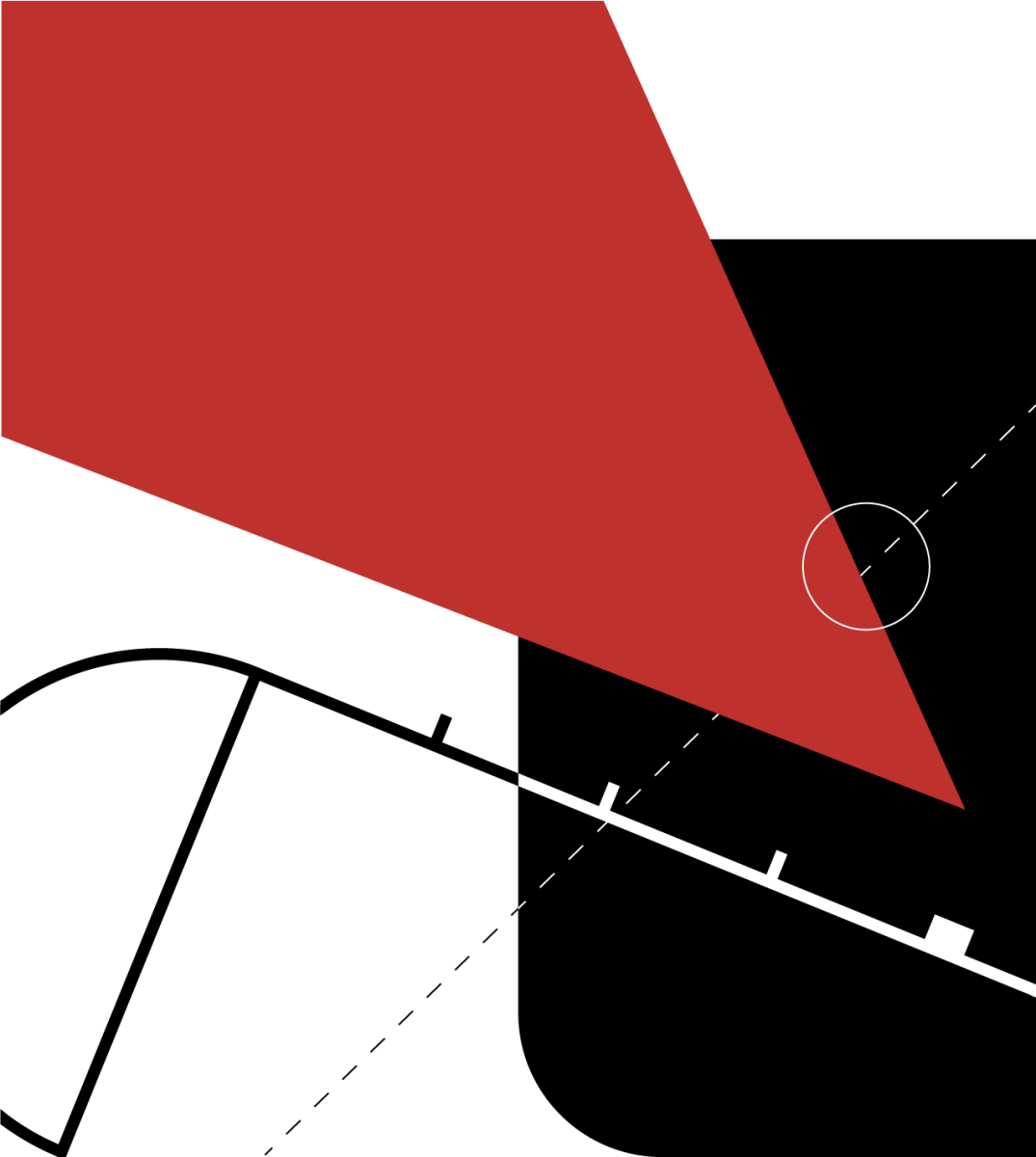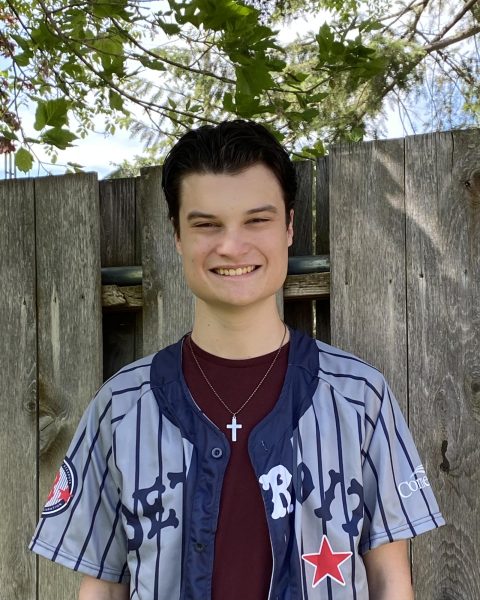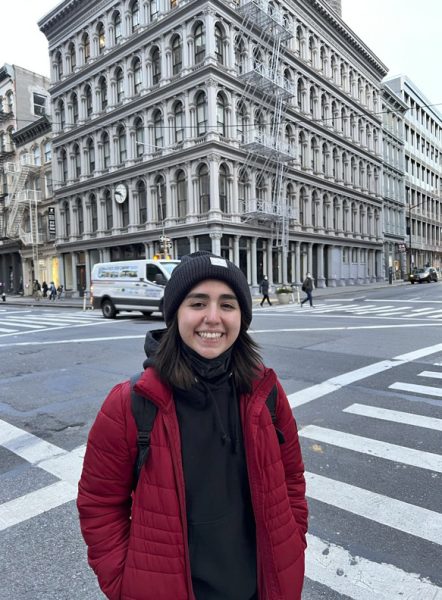What does activism look like in sports? It may seem like a silly question, but it’s likely one you’ve considered before. With sports and athletics being a popular pastime around the world, it’s no surprise that major sports leagues, franchises and athletes have large and impactful relationships with society.
It’s common for these actors of the sports world to advocate using their respective platforms and influence. But how is this achieved, both here in Utah and around the nation?
The League
Sports leagues are no stranger to the world of activism. Organizations that produce and coordinate popular sports gain lots of attention. As a result, they have arguably one of the largest platforms in the world. This can be very useful when promoting messages.
Sports leagues as a whole have frequently used their platforms to spread specific messages throughout history. Promotion of good health by Major League Baseball teams in the 1940s is one of the earliest examples of this.
In 1942, teams wore patches reading “Health” on their uniforms. The patches were part of a larger nationwide initiative to promote good health while World War II was looming. Sports leagues have continued to use league-wide events and traditions to promote specific messages.
Each year, the NFL uses their “Crucial Catch” campaign to promote cancer screening and the fight against cancer. Special apparel, on-field logos and referee uniforms promote the campaign. Through Crucial Catch, the NFL has raised money each year to be donated to the Canadian and American Cancer Societies.
In 2020, following many protests surrounding police brutality, NBA players wore uniforms with specialized messages, reading “Say Their Names,” “Enough,” “Education Reform” and more. Through this, the NBA provided its players with the opportunity to promote messages they found important.
Furthermore, NBA games at Orlando were played on a court that read “Black Lives Matter.” The league’s efforts brought attention to social issues, resulting in important conversation.
The Franchise
In addition to the activism efforts put forth by sports leagues, their franchises often use their own outreach for activism. Many franchises do this by tying specific themes or messages to games, wearing special uniforms or recognizing various events during games.
For example, the Utah Jazz have established an “Equality in Action Night” which focuses on challenges faced by the LGBTQ+ community. By hosting this event, the Jazz were able to inform many about these issues and share ways we can better support LGBTQ+ Utahns.
The Utah Grizzlies also held their annual Pride Night in November and the team wore pride uniforms during warm-ups. Like the Jazz’s Equality in Action Night, the Grizzlies used these uniforms to uplift the LGBTQ+ community.
Outside of Utah, the Detroit Tigers took on the San Diego Padres for their 21st annual Negro League Weekend this past summer. The weekend provided an opportunity to learn about and celebrate the history of the Negro Leagues and its players in the MLB.
The Tigers celebrated Norman “Turkey” Stearnes, an outstanding outfielder for the Detroit Stars from the Negro League and a member of the Baseball Hall of Fame. Stearnes had the sixth-highest On-Base Plus Slugging in baseball history over the course of his career. Despite this, most people are unaware of him.
Highlighting Stearnes produced a stellar opportunity for fans to celebrate him and other players of the Negro Leagues. Fans were able to learn more about players like Stearnes whose careers were overlooked. The Tigers’ event provided great insight into this important history.
The Athlete
For generations, athletes have established themselves as activists. With all eyes on them during competition, athletes have quite a notable outreach. As a result, these individuals — despite being the smallest unit in the organization of sports — have power to shine light on growing issues and promote various messages.
A perfect example of this can be seen in one of Utah’s previous star athletes. Donovan Mitchell, who spent years as the face of the Utah Jazz, was a notable activist in our community. Being the star player of the Jazz, Mitchell understood the power of his words and actions. He repeatedly used his platform to promote positive messages and to raise awareness for growing issues.
In 2019, when a Utah teen had his car vandalized, Mitchell — along with other Jazz players and University of Utah football players — provided him with support. In 2020, Mitchell used social media to bring attention to the ongoing cases of police brutality in our nation.
Athletes frequently work together when it comes to activism, like in 2020 when members of the U’s football team voiced their support of a boycott to encourage the Pac-12 to meet demands for safety and racial justice. Using their collective power, these players were able to call for change.
Additionally, athletes promote activism through their physical actions. At the start of the current season, the National Hockey League made the decision to ban certain elements of “theme celebration” games, like pride flag tape.
Disappointed with the decision, Travis Dermott decided to go against the ban and use the tape in a game. In an article with the Associated Press, Dermott expressed his care for the LGBTQ+ community. He stated that the decision to use the tape was something that “had to be done.” As a result of Dermott’s actions and the support that ensued, the NHL rescinded the ban.
Activism takes on a wide variety of appearances in the world of sports, occurring on all levels by each participating organization and individual alike. Sports leagues establish initiatives and campaigns to support and promote specific messages. Franchises organize themed events to inform, support and recognize their communities and the challenges they face. And athletes frequently use their voices and platforms to bring attention to growing issues.





John Hedberg • Feb 3, 2024 at 5:27 pm
Glenn Loury and John McWhorter (professors at Brown and Columbia, I think) had an interesting conversation recently on YouTube’s “The Glenn Show” titled “The Truth About George Floyd’s Death”. It turns out that the activists were spreading misinformation: George Floyd wasn’t murdered. Oops!
Democracy is the idea that we don’t need to become lifelong activists to bring about change, you just need to argue specific issues to the point where people are willing to vote for your solution. It’s the penchant of activists not to wait for emerging data to tell the whole story before coming to faulty conclusions based on incorrect assumptions (hypotheses). In this case, the BLM riots caused the death of more than a dozen innocent human beings, many of them BIPOC, because of a murder that wasn’t a murder, as horrific as it was.
Democracy isn’t based on activism but persuasion and reason, science which is based on evidence that emerges and conclusions which change over time, so was it worth the death of more than a dozen innocent people, many of whom were BIPOC, to protest a horrific death which it turns out wasn’t murder now that the facts are better known?
If you’re a true student of human rights and care about people of all stripes, watch “The Truth about George Floyd’s Death | Glenn Loury & John McWhorter | The Glenn Show” posted a few weeks ago. There’s also a documentary that’s got data that never made it into the trials of the police officers.
Speaking personally, as an intersectional BIPOC undergraduate here at the U, I don’t need your “activism” to succeed or to feel like a real person (I almost added “Pend*jo”, but you wouldn’t know I was only joking~😂).
The ideal of civil rights is supposed to mean that everyone, no matter how they look or identify, is supposed to be lovable and acceptable for being human, something we all share equally, so how you were born or what ideas you find beautiful at the moment have absolutely no bearing on your worth as a person or your value as a member of society. The Equity crowd has not only failed us all in this mission, but they preach the opposite: anyone who doesn’t agree with Equity’s hatreds must therefore be an awful person, anyone who doesn’t agree with Equity’s picked preferences must be atrocious. These hatreds and preferences have a name: prejudice.
Why not end prejudice in any direction, toward anyone, and all just agree we identify as Human, and if we judge at all, judge each other instead by our unique characters, each of which have diverse beauty which is unique in this whole universe? (Paraphrasing Dr. King)
No justice without honesty, nor without ‘Love thy Neighbor as Thy Self’, since only this equal Love of every child in God’s eyes (By Whichever Name) makes all life’s inevitable suffering meaningful, worthwhile, and heals it! We all err and fall down: only Love forgives our scrapes and collisions and gets us back up running, learning, and growing again in the pursuit of a more perfect union as maturing members of our human family, the only true ‘safe space’ mortal life allows (as safe as any Parent can make it, considering how clumsy we can be as children~😋). Cheerfully~